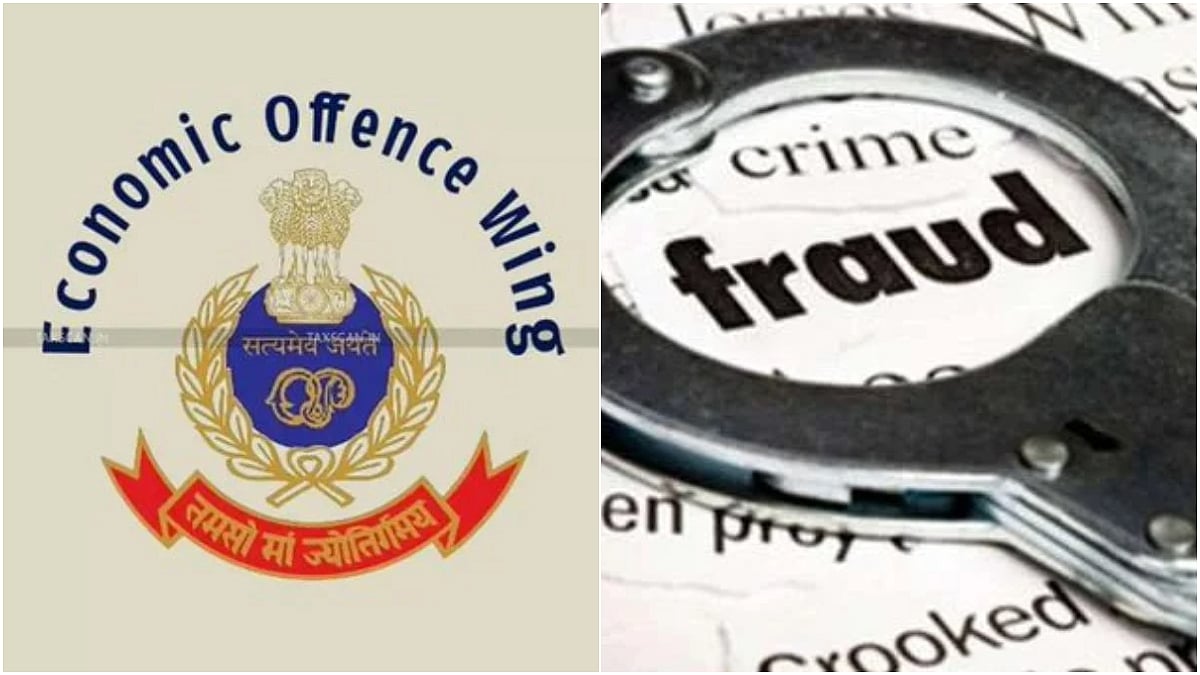Speculations regarding Prime Minister Narendra Modi's potential move to combine state assembly and Parliament elections have been proven unfounded. These speculations arose when he assigned the task of exploring this possibility to a committee headed by former President Ram Nath Kovind. Unfortunately, the committee has not made any significant progress thus far. The recent announcement by the Election Commission to hold elections in Mizoram, Madhya Pradesh, Rajasthan, Telangana, and Chhattisgarh has put an end to such conjectures. The significance of these elections, with 160 million voters participating, cannot be overstated. They are inevitably perceived as a prelude to the crucial Lok Sabha elections scheduled for 2024. This underscores the importance of these elections for both the ruling Bharatiya Janata Party and the opposition Congress. However, the way these two parties have reacted to these elections suggests they were caught off guard.
The Congress faces a pivotal challenge in retaining control of Rajasthan and Chhattisgarh, as these states hold significant importance in its bid to gain power at the national level. Equally crucial is its endeavour to reclaim Madhya Pradesh, a state it initially won in the 2018 elections but lost to the BJP due to political manoeuvres. The Congress has been asserting that Telangana is ripe for the taking, akin to a ripe apple falling into their political grasp. The BJP, on the other hand, is not in a comfortable position in these states, except in Rajasthan, where it anticipates anti-incumbency to work in its favor. However, both parties are facing internal challenges. In Rajasthan, if the Congress is grappling with internal divisions, the BJP is no better off. The BJP's desperation is evident from the fact that it has been compelled to field seven MPs in the Assembly election. In all these states, the BJP struggles to present a single leader as its chief ministerial candidate.
Naturally, Prime Minister Modi views these elections as a referendum on his leadership. He has already urged voters to support him and the party. While confidence is essential, overconfidence can be risky, as exemplified by the BJP's heavy defeat in the Ladakh autonomous hill council elections, where the National Conference and the Congress swept the polls, leaving the BJP with only two seats out of 26. Additionally, in Mizoram, the ruling party, despite its alliance with the BJP, voted against Modi during the last No-confidence motion in Parliament. The Telangana Rashtra Samiti also cannot ignore the Congress's increasing influence, especially after Rahul Gandhi's padyatra from Kanyakumari to Kashmir. TRS leader KC Rao no longer holds the same political clout he did a few years ago when he harboured prime ministerial ambitions and frequently visited Delhi and state capitals.
One prominent issue that will loom over the upcoming elections is the release of the caste survey report by Bihar Chief Minister Nitish Kumar on Gandhi Jayanti. Interestingly, the Congress, which had previously delayed the Mandal Commission report for years before it was eventually implemented by the VP Singh government, has now become an advocate for caste-based census. In Rajasthan, the Congress has already taken steps to conduct a survey similar to Bihar's. Sonia Gandhi places great importance on her party's commitment to conducting a caste-based census once in power. The underlying goal is to put pressure on the BJP, which cannot openly support caste identification due to its Hindutva agenda. It's worth noting that when Kumar announced the decision to conduct a caste survey, the BJP was his ally in Bihar. Modi attempted to remind the Congress that caste consolidation might work against the party's minority voter base.
The BJP finds itself in a dilemma as it grapples with the caste issue. Among its ten chief ministers, only one reportedly hails from the numerically strong backward classes. In contrast, the Congress has three out of four chief ministers from the OBC category. While the BJP highlights Modi's OBC background, the question remains regarding how the party will address this issue. Historically, the BJP countered Mandal with Hindutva, which allowed it to maintain upper-caste dominance in states and at the national level. Certainly, it's disheartening if caste, not merit, determines leadership in Indian democracy.











